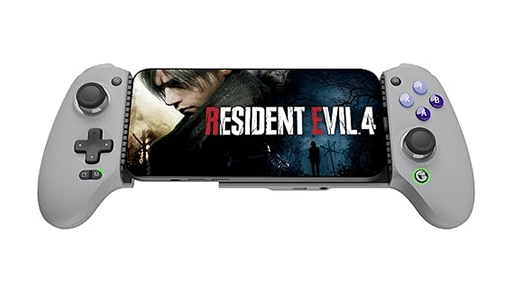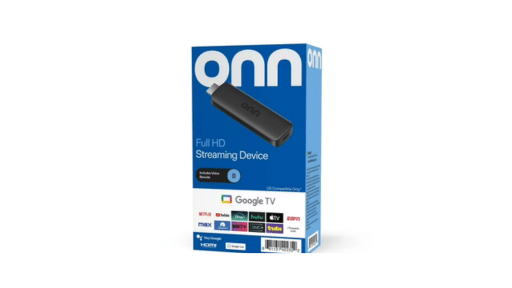
For many years, Apple’s iOS policies banned cloud gaming apps outright from the iOS App Store. Because, you know… they compete with Apple’s own gaming aspirations, I guess.
Finally, after an immense amount of pressure from various government bodies, this past January, Apple relented and agreed to allow cloud gaming apps in the App Store… in theory, at least. You’d think cloud gaming services would have been jumping at the bit to release their apps on iOS, right? Well, month after month went by, and no mainstream cloud gaming apps arrived.
Finally, in June, the first bonafide cloud gaming app arrived in the form of Antstream Arcade. But, because of Apple’s App Store rules requiring any and all purchases on iOS to be done with its own in-app purchasing system (from which they take a 30% cut), Apple’s and Antstream’s joint users are stuck paying a lot more than everyone else for the same service. (Make sure to check out our workaround for iOS users!) This price increase frankly hurts fledgling cloud gaming services. Antstream Arcade has a grand total of 5 reviews in the US App Store and 9 in the UK, for example.
While the extra cost iOS users pay may not be the only thing keeping the app from thriving on iOS – it certainly doesn’t help. Sensor Tower has downloads of the Antstream Arcade app on iOS at just 10K, with revenue estimated at a measly <$5k.
While Google enforces a similar tax on many purchases via Google Play on Android, they have thankfully not had the audacity to try to take a cut from subscriptions to streaming video and video-game services for which they clearly offer little to no value given the fact that the content is completely hosted on third-party servers.

Microsoft Takes Apple to Task
Unlike Antstream, Microsoft is not willing to play ball in Apple’s App Store game and put its joint customers with Apple on the hook for a 30% price hike – that would, after all, be $6 per month in USD!
Microsoft has instead put in a formal complaint to the UK’s CMA (yes, that same CMA that is particularly interested in ensuring competition in the nascent cloud gaming space). Microsoft claims Apple’s rules prevent a native Xbox Cloud Gaming app for “technical and economic reasons.”
According to MacRumors, “Microsoft’s chief complaint is that the App Store rules require subscriptions and features to be made available on iOS devices with in-app purchase, which is ‘not feasible.’ A consumption-only situation where content is purchased on another platform and played on iOS is not allowed for cloud gaming apps.”
Apple, for its part, has countered saying it “supports and encourages” cloud gaming apps. It cites the Antstream Arcade example we discussed above as evidence of this. Yes, Apple would like the CMA to think that this example iOS cloud gaming app, through which they are over charging their own customers and which has seen minimal adoption at best on iOS, is an act of charity of sorts on their behalf.
Is a 30% Cut Industry Standard?
While Apple’s attempt to control and tax all digital purchases on what has become a general-purpose computing device is hard to defend, Microsoft is in a position of hypocrisy itself. While it certainly doesn’t attempt to control and tax all purchases on Windows, the same can’t be said about the Xbox ecosystem where it does impose its own 30% cut on all sales – seemingly, therefore, supporting the industry-standard 30% fee platform holders often charge.
You might argue that the Xbox console is not a general-purpose computing device (in the same way iPhones and iPads have become) and that there are significant costs to the distribution of games (either via downloads or streaming) that Xbox supports, however.
Either way, there’s a lot at stake in the case here. Many of the arguments against Apple’s stranglehold on iOS digital purchases and subscriptions can be applied to other areas beyond cloud gaming. Indeed, Epic took Apple to court over largely the same issue related to on-device gaming. In at least some jurisdictions, the arguments are taking hold. For example, the EU has recently forced Apple to allow third-party app stores on iOS – an opportunity Epic was quick to pounce on.
We’ll have to see how this all plays out. For now, you can at least access most cloud gaming applications on iPhones via their web pages. Xbox Cloud Gaming, for example, can be accessed at https://xbox.com/play. It’s not an ideal solution, and it significantly limits discoverability, but it actually works pretty well.










